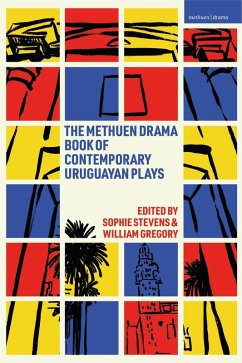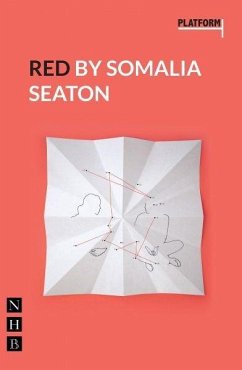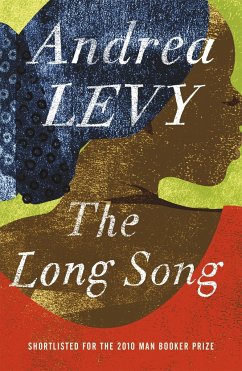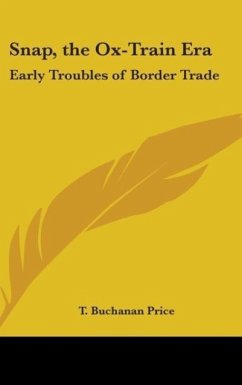
The Ox and the Slave
A Satirical Music Drama in Brazil

PAYBACK Punkte
11 °P sammeln!
This interdisciplinary study sheds light on the communal creative process of music and discusses the process of music change in Bumba-meu-Boi, and provides an example of exo-semantic analysis in the quest for the truth of this folk drama in Brazil. It argues that Bumba-meu-Boi sheds light on eighteenth century Brazil and reveals existing levels of interaction between classes (master-slave, oppressor-oppressed) on sugar cane plantations and mills. A sociologist perspective demonstrates that the structure of the Bumba-meu-Boi reflects a similar network of relations, as they exist in communities ...
This interdisciplinary study sheds light on the communal creative process of music and discusses the process of music change in Bumba-meu-Boi, and provides an example of exo-semantic analysis in the quest for the truth of this folk drama in Brazil. It argues that Bumba-meu-Boi sheds light on eighteenth century Brazil and reveals existing levels of interaction between classes (master-slave, oppressor-oppressed) on sugar cane plantations and mills. A sociologist perspective demonstrates that the structure of the Bumba-meu-Boi reflects a similar network of relations, as they exist in communities where it was and still is performed.













